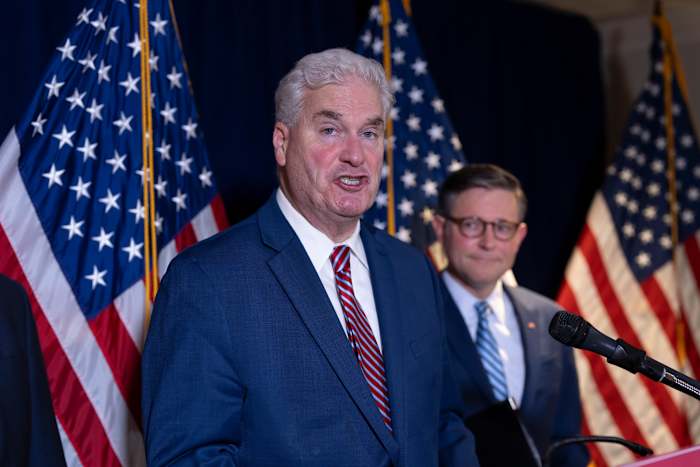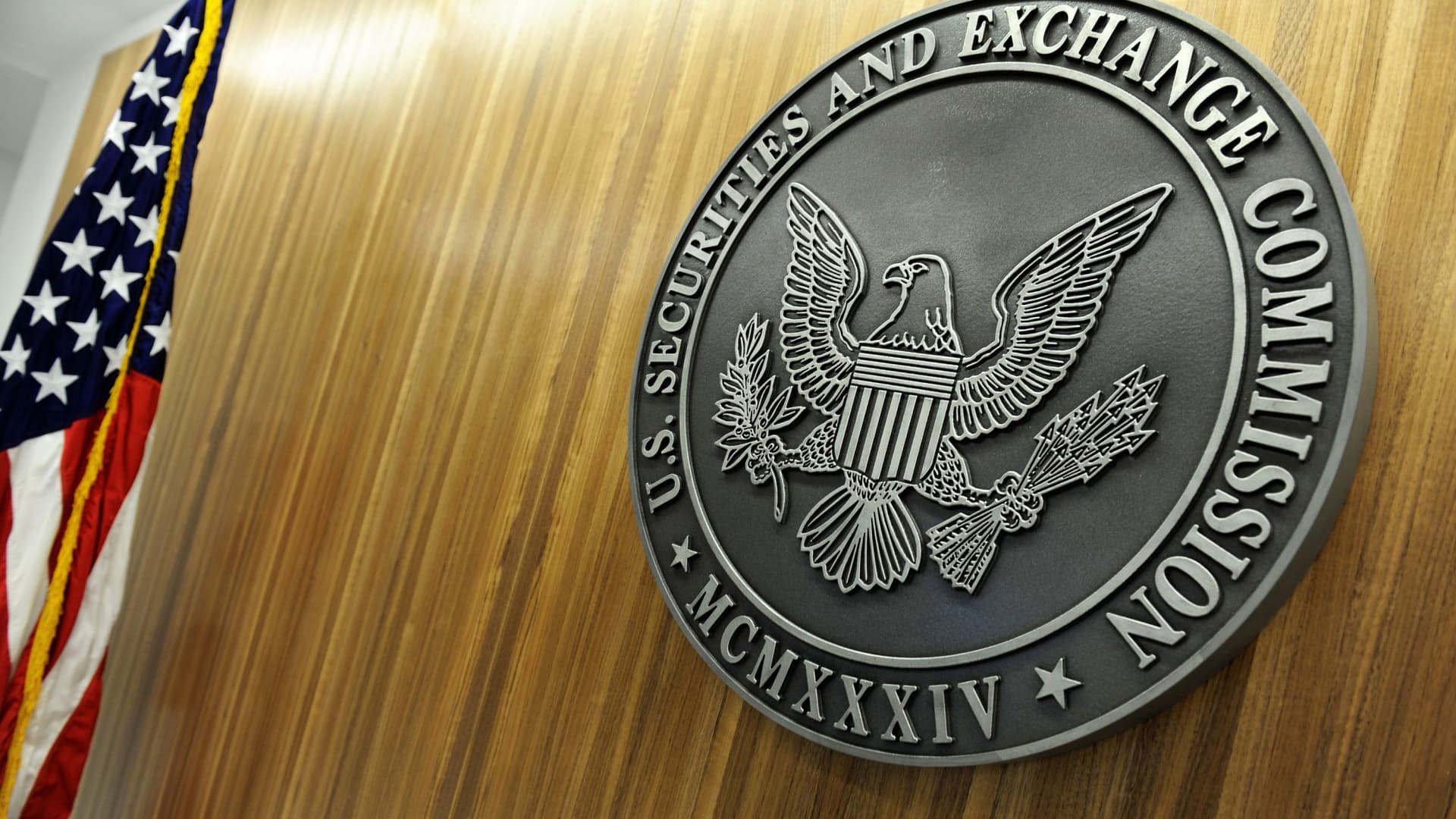T4K3.news
Congress approves major crypto legislation in the U.S.
The U.S. Congress passed the GENIUS Act, regulating cryptocurrencies and focusing on stablecoins.

The U.S. Congress passed landmark legislation to regulate cryptocurrencies, changing the industry landscape.
Congress approves major crypto legislation in the U.S.
This week, Congress passed the first significant legislation on cryptocurrencies, marking a shift in the U.S. government's approach to digital currencies. The House of Representatives approved the GENIUS Act, which sets rules mainly for stablecoins, leading to a record valuation of the cryptocurrency market at $4 trillion. President Trump signed the bill into law, vowing to make America a leader in crypto technology. However, the bill faces criticism, with opponents arguing it could weaken financial protections for consumers and benefit crypto firms heavily invested in lobbying. The legislation aims to manage stablecoins, backed by fiat currency, which supporters argue represents the future of finance. The next battleground will be the CLARITY Act, which proponents believe would allow more lenient regulation in the sector that some critics find alarming.
Key Takeaways
"This afternoon, we take a giant step to cement American dominance of global finance and crypto technology as we signed the landmark Genius Act into law."
President Trump highlights the significance of the new crypto legislation.
"It's all hype and there's not much 'there there.'"
Amanda Fischer criticizes the GENIUS Act for being weak on consumer protection.
"The law sets a very clear standard, one that even banks would have to abide by if they issue payments in stablecoins."
Dante Disparte defends the GENIUS Act as a strong regulatory framework.
"People can end up being put in a situation with the worst of all worlds, where they have all these new products with less oversight and more risk."
Mark Hays warns about potential dangers of relaxed crypto regulations.
The passing of the GENIUS Act symbolizes a monumental change for the cryptocurrency sector in the United States. With strong backing from President Trump, who has a vested interest in crypto, the legislation could lead to increased investments and innovations in the industry. However, it raises valid concerns about consumer protections and the potential for less stringent oversight. Critics warn that without proper regulation, the risks of financial instability could rise. As such, the crypto industry's influence on policy-making becomes a significant factor in shaping future financial landscapes. This is a classic case of innovation meeting regulation, where both opportunities and challenges will unfold in the coming months.
Highlights
- Crypto could redefine the future of finance.
- The GENIUS Act opens doors but raises alarms.
- Could we see stablecoins as the norm in commerce?
- Are we sacrificing consumer protection for crypto growth?
Concerns Over Weakened Consumer Protections
Critics fear that the new legislation could jeopardize financial stability and consumer safety due to weaker regulations.
Future developments in the crypto industry remain to be seen as new bills loom in Congress.
Enjoyed this? Let your friends know!
Related News

GENIUS Act Passed to Regulate Cryptocurrency

Trump signs major federal cryptocurrency law

Trump signs law regulating stablecoins

GOP cryptocurrency legislation fails to advance in the House

Trump approves crypto for 401(k) investments

Trump continues anti-renewable stance in Scotland

Senate passes stablecoin bill for regulatory clarity
:max_bytes(150000):strip_icc()/GettyImages-2221570454-c7e23747d65c4ea39f15ccf578dd85e7.jpg)
Stock futures flat as major companies report earnings
